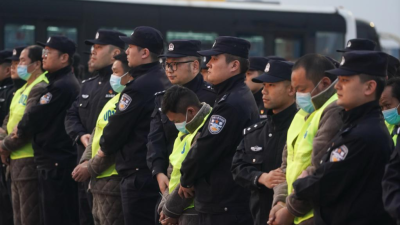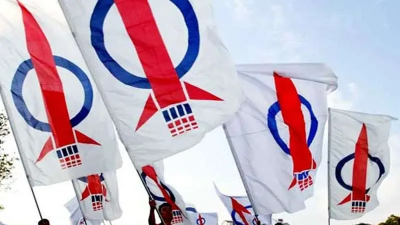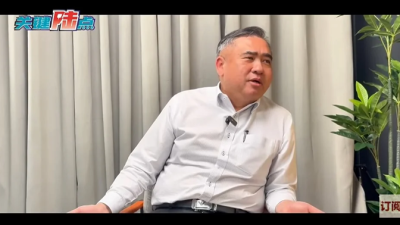
The ASEAN foreign ministers’ joint statement and the chairman’s statement that capped two separate ASEAN Regional Forum (ARF) meetings in Vientiane last week were simply repetitions of the same statements the group has issued year after year.
The foreign ministers chose to play it safe in order to avoid open frictions among members that might have differing national interests, especially regarding the nature of relations with major countries such as China.
This year’s ASEAN chair Laos, for example, clearly tried in the statement to refrain from hurting its relationship with China.
It is unfair to blame the foreign ministers for the copy-paste remarks, because in fact the region is dealing with the same issue on the South China Sea.
However, the issue has become more complicated with the arrival of major powers who have transformed the waters into their theatre of operations.
Of course, there are always exceptions. The ministers expressed concerns, but they were hidden in long written statements.
There were few national media outlets at the regional meeting, so it was hard for people to get national views on the forum.
In what is now becoming a trend, Indonesian officials, including President Joko “Jokowi” Widodo and Foreign Minister Retno Marsudi, simply uploaded their statements to social media platforms, leaving no opportunity for questions and answers with reporters. Thus, only one-sided information was available to the public.
The buried message in the foreign ministers’ statement, which may have escaped many casual readers, was in paragraphs 150 and 151 of the ASEAN Outlook on the Indo-Pacific (AOIP).
The ministers crafted their statements carefully, not wanting to provoke reactions from their guests.
Look at the way the ministers expressed their concern over the rising geopolitical tensions in the region and underscored the value and importance of the AOIP to peace, security, stability and prosperity in the region.
What they really meant was that the increasing militarisation of the region by China and the US, with their alliances or strategic partnerships, is troubling. ASEAN can only watch them fight.
“We underscored ASEAN’s resolve to shape and lead the evolving regional architecture based on ASEAN-led mechanisms and to ensure that geopolitical and geostrategic shifts continue to bring about and not disrupt regional peace, security and prosperity,” the ministers said.
In an apparent act of diplomatic courtesy, the ministers refrained from directly pointing their fingers at the US and China, the big powers that have been embroiled in a rivalry in the Indo-Pacific, particularly the South China Sea.
The ministers also failed to comment on the presence of at least two security pacts in the region.
The Quadrilateral Security Dialogue (Quad) is a strategic security dialogue involving Australia, India, Japan and the US. Another is AUKUS, a military pact between Australia, the United Kingdom and the US.
It is time for ASEAN to move away from vague expressions of concern and begin to express its views more frankly and directly, even if that is risky. Allowing outsiders to dominate ASEAN’s backyard is becoming increasingly irritating.
The same thing happened with the ASEAN Regional Forum (ARF). It was attended by 27 members, including the US, China, Japan, South Korea, Russia, India, Australia and the European Union.
Virtually all of the parties to the South China Sea conflict were present and addressed the meeting.
The chairman’s statement issued after the discussion claimed the attendees were pleased with the progress made so far in negotiations on the Code of Conduct in the South China Sea (COC) and encouraged continued efforts in that regard.
In reality, there has been very little progress on the CoC, as China has shown scant interest in accelerating the negotiations.
ASEAN should be more forthright in taking a stand and stop the habit of making vague statements when it comes to regional peace and stability.
ADVERTISEMENT
ADVERTISEMENT








































